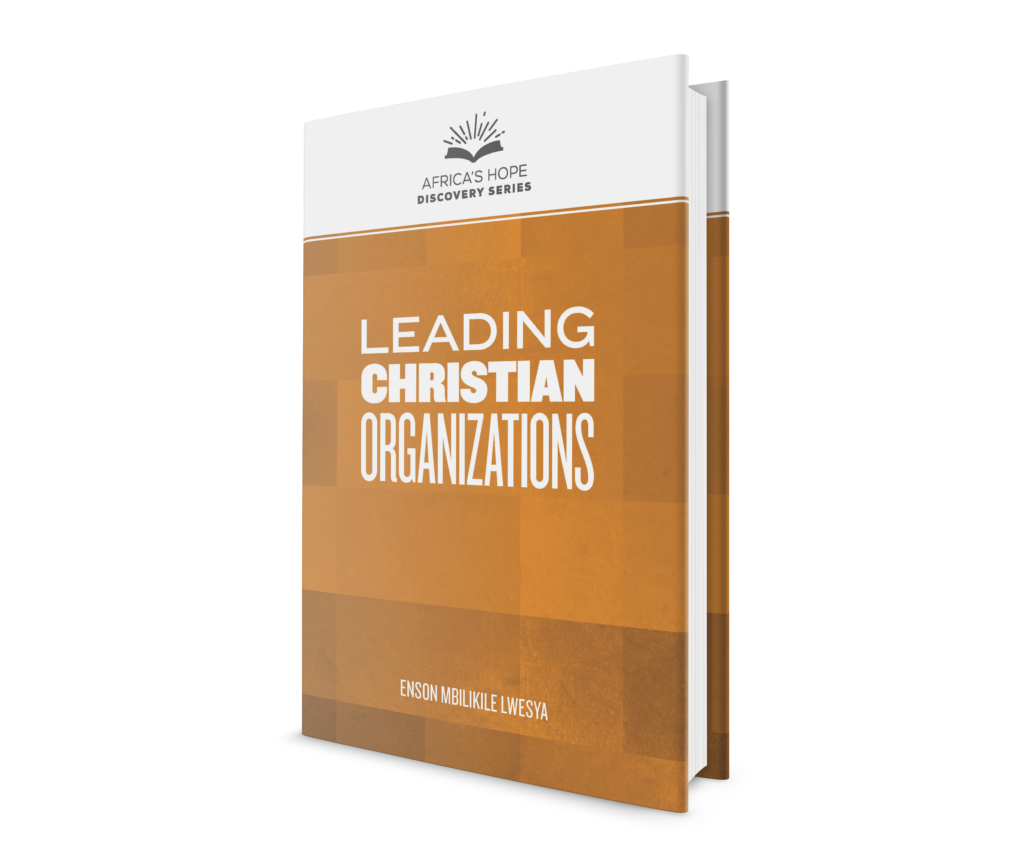 LD210
LD210
Enson Mbilikile Lwesya
Leading Christian Organizations assumes certain values. First, it follows a belief that Christian organizations follow Christian principles and virtues. Although God desires His presence to filter through the world, there is a basic understanding that secular organizations do not necessarily follow biblical admonitions to lead people. Christian leaders must choose to lead the way God desires. The principles in this course are suited for the local church as well as for Christian parachurch organizations. Second, the course assumes the centrality of the Scriptures in developing a leadership model worth being called “Christian.” Third, the course presumes that it is possible to learn and incorporate leadership values and principles in Christian organizations. Fourth, this course is grounded on the belief that leaders are essential to the effective fulfillment of the mission and vision of any organization. Yet being an introductory course, it does not deal exhaustively with all aspects of leading Christian organizations. When various acts, behaviors, and practices of leaders are analyzed and categorized, they reveal that great leaders perform three main responsibilities. These responsibilities are (1) the responsibility to develop a visionary hope for the future of the community, while at the same time influencing others to believe and work for such a vision; (2) the responsibility to implement strategies to achieve the vision of the community; and (3) the responsibility to develop emerging leaders to ensure the continuity of the community. The outline of this course follows these three major responsibilities of leaders.
